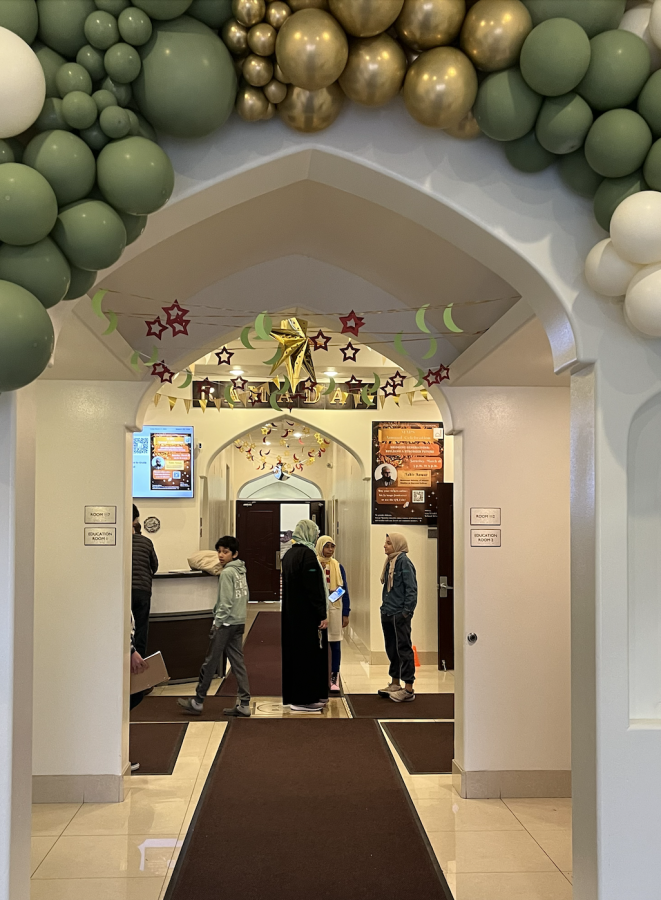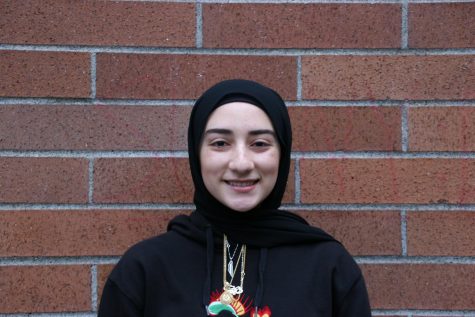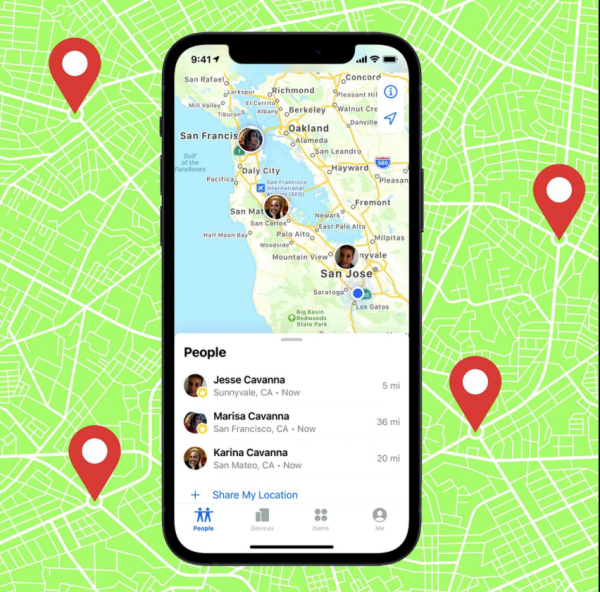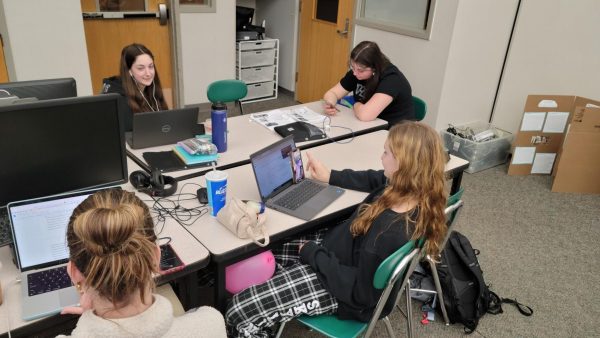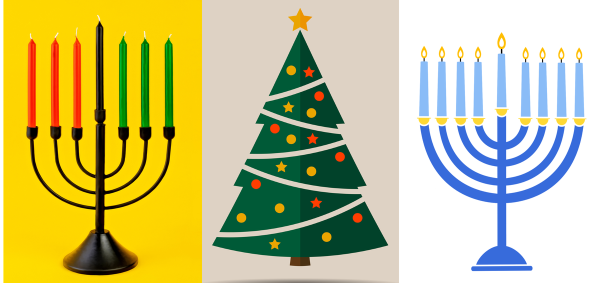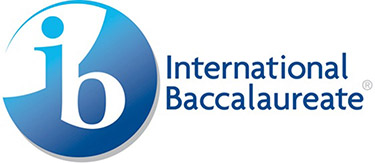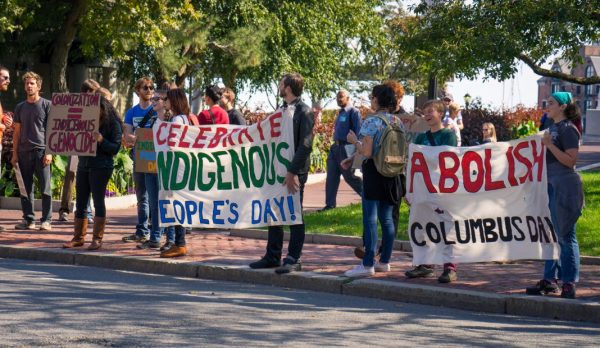Beyond Fasting: The Significance of Ramadan
March 27, 2023
“Not even water?” is a mantra that has become a running joke in the Muslim community during the holy month of Ramadan. The ninth month in the Islamic lunar calendar, Ramadan is a sacred month that Muslims celebrate by fasting from morning till sunset, praying, giving charity, and spending time with the community.
A common misconception is that Muslims are still allowed to drink water or chew gum while the sun is still out, but they abstain from all forms of food until dusk.
Muslims believe that if they can refrain from halal or things that are permitted year-round, like food, then they have the willpower to easily give up non-permitted things for God.
Fasting during the month of Ramadan is one of the 5 required pillars of Islam that Muslims follow. Abstaining from food allows Muslims to reflect on the blessings they have and to empathize with the less fortunate.
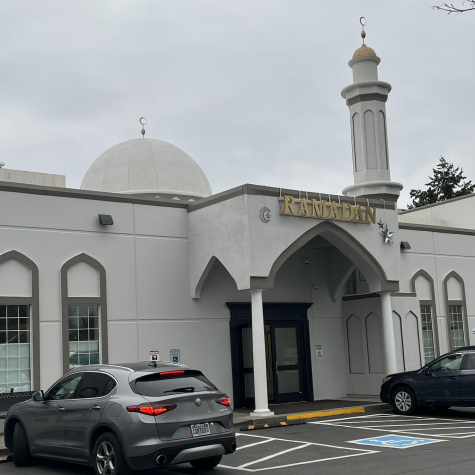
Muslims globally will be waking up before sunrise to have suhoor, the pre-dawn meal which will push them through the day up until sunset. Most people who haven’t observed Ramadan might believe that that month is solely about fasting, but that’s only a minuscule part.
Reading the Quran, performing extra prayers on top of the 5 required daily prayers, and giving to the needy are important aspects of Ramadan as well. Every night of Ramadan, a couple of hours or so after Muslims break their fast, they head to the mosque to pray a congregational prayer called Taraweeh.
The Taraweeh prayer is considered a highly virtuous act of worship during the month of Ramadan, as it allows Muslims to seek forgiveness, blessings, and closeness to Allah. People look forward to performing Taraweeh during Ramadan, as it provides an opportunity for increased spiritual growth and devotion.
“Taraweeh is really calming and it’s a time for God,” says Aesha Desouky, a sophomore at Skyline. Taraweeh prayers are performed in a calm and serene atmosphere, with people standing in rows and the Imam, or the leader of the prayer reciting the Quran in a melodious voice.
Sammamish Mosque and the Muslim Association of Puget Sound, MAPS, are two places of worship in the area that most Muslim students will be attending for prayers.
While the practice of fasting is an important aspect of Ramadan, it can be particularly challenging for students who are juggling academic responsibilities and other commitments.
Elias Bouacheria is just one of the Muslim student athletes at Skyline who will be fasting while still going to soccer practice and games. He says the hardest part is practice after school. During games, kids who are fasting get subbed out to break their fast after the sun has set.
Teachers are made aware of Ramadan and are anticipating students to be sleepier than usual. The month is not a free pass
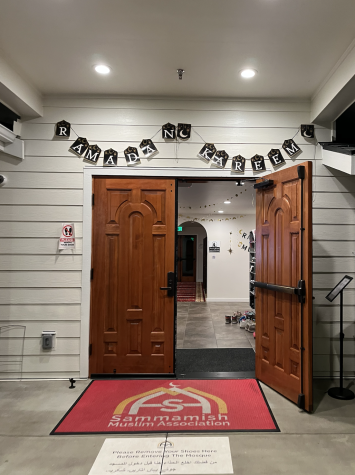 to students participating, they’re still expected to push through and complete all assignments and tests.
to students participating, they’re still expected to push through and complete all assignments and tests.
“I’m way less energetic when I’m fasting,” says Desouky. “But taking after-school naps helps me a lot. When I tell my teachers face to face why I’m tired they’re more understanding.”
It’s common for mosques to hold community iftars where people come together to break their fast and socialize. People enjoy going for a sense of unity among other Muslims and to have a greater sense of community.
At the end of Ramadan, Eid al-Fitr is observed by Muslims to celebrate the end of Ramadan and their hard work. The month of Ramadan and the celebration of Eid are important holidays that help Muslims reflect on themselves and connect with the community.

